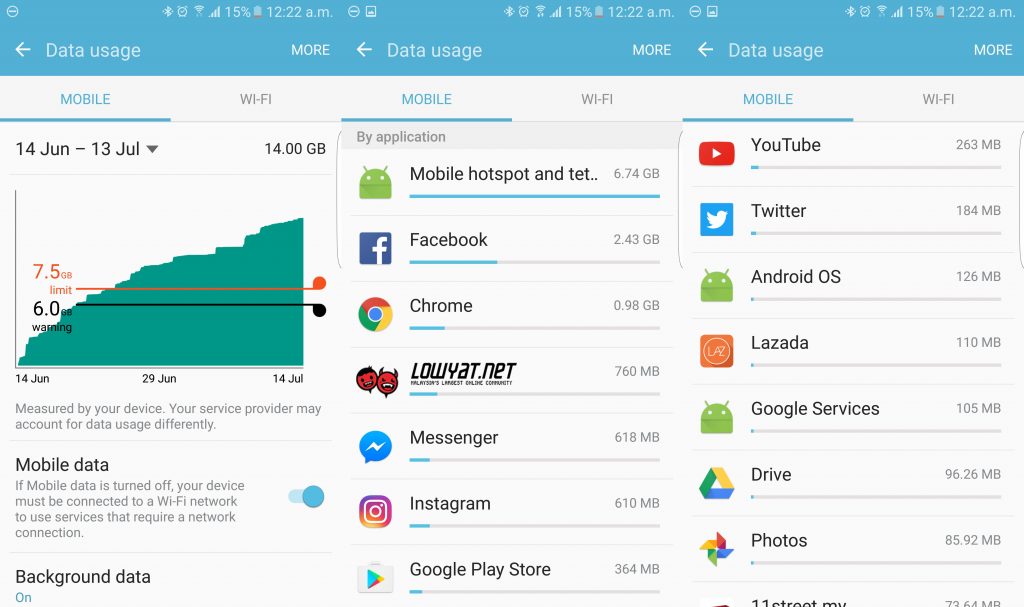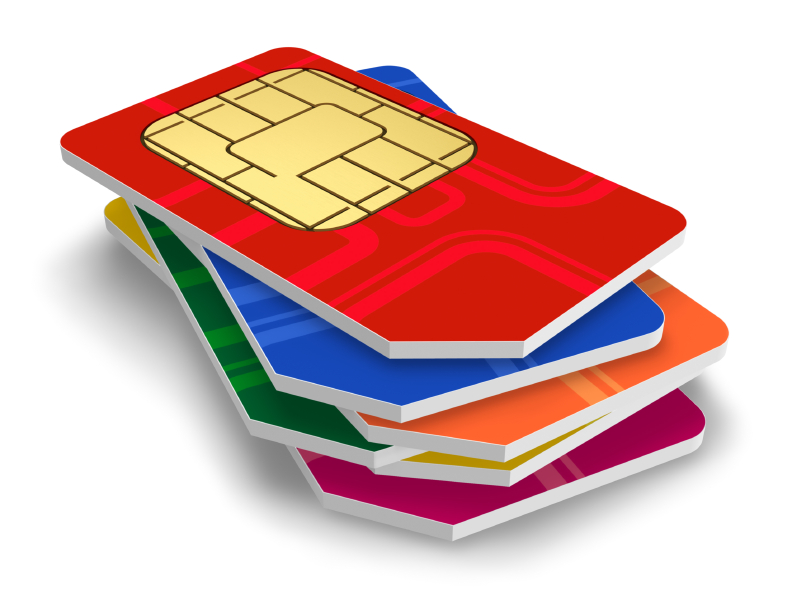Telco plans have come a long way. It is easy to forget that it was only a few years ago that we were paying a hefty sum for calls and mobile internet. But with the rise of even more smartphone users in Malaysia, there is still room for improvement when it comes to the prepaid and postpaid plans that we use today.
It is fair to say that there is no perfect plan for every Malaysian, but it is also safe to state that we are still let down by some elements in our plans that make us wish we could change. Let’s take a look at some of them.
1) Time-limited and split quota

This is fairly straightforward. Each month, if you are on a postpaid plan, you are allocated a fixed amount of data as well as some amount of free calls or SMS. For prepaid plans, you use your credit to purchase some add-on feature that provides a similar set of allocations. If you don’t end up using them, some plans forfeit them as you go into the next month, meaning you have actually paid more for the data, calls, and SMS that you used in that particular month.
Granted, some plans offer data rollover options, which lets you carry over unused data into the next month. It is definitely a great option to have, but this is a feature that is quickly dying out in both prepaid and postpaid plans today.
On a related note, there are also some plans that equally split the allocated data into weekday and weekend data. In promotional materials, these plans appear to offer significantly more amounts of data, before the fine print shows the weekday/weekend allocation. While the user does end up with the full quoted data, it does leave a sour taste in the event the subscriber uses up the weekday or weekend quota, and is throttled for the rest of the month even though there is still unused data in the plan.
In addition, there are plans that go even further by segregating data quota by usage. These plans offer a huge chunk of data overall, but they are strictly allocated into different categories, such as streaming (both video and audio), social apps, and general usage. If you end up using up a specific data allocation, they will then use up the “general usage” allocation should you have any remaining.
2) Unnecessary bundles that drive up the cost of the plan
All prepaid and postpaid plans now come with some form of bundled data, free calls, and free SMS. It is an easy way to allow users to subscribe to the plan that they feel suits their usage the best. However, because of the broad nature of these plans, it is tough to really find a plan that’s perfectly tailored to each individual’s needs.
What happens then is that each subscriber usually ends up with unused data or calls/SMS that comes bundled with the plan. Even though some plans claim these are free or bonus perks, the costs for these are usually already factored in.
Worse still is when there are “value-added” features bundled in such as streaming subscriptions and cloud storage that some users don’t actually use throughout their time with the plan. These excess bundles eventually make the plans just that bit more expensive than it should be.
Another trend we’re also seeing today is the rise of “unlimited” plans. They usually offer no quota for data, calls, or texts (sometimes all together) for a fixed fee every month. While on one hand, this is a fantastic plan for heavy users, most subscribers usually end up paying that high monthly commitment simply for the convenience of not having to worry about incurring additional costs beyond the fixed monthly fee.
Given the fact that some users don’t make much calls or texts anymore, having a plan that offers unlimited calls and texts is unnecessary, and again, drives up the price’s plan above what it can be.
3) Expensive and confusing add-ons
While most plans today offer a sufficient amount of data every month, there may be times when we need more than usual. Unfortunately, this is also where telcos charge the most.
For postpaid plans, topping up data can be a costly affair. Some telcos charge up to RM30 for 1GB extra data, which is a lot more than what you pay for much more data every month. This is likely a fair usage policy measure to ensure all users don’t abuse their data usage, but it can feel like a punishment when they are forced to buy additional data.
Things are a lot more complicated for prepaid users. Each prepaid plan offers different types of add-ons and passes, and at different price points. You can opt for daily, weekly, and monthly passes which offers a fixed amount of data, calls, and SMS. Each telco prices them differently, so no two prepaid plans offer the same type of pass. You’ll need to study them quite a bit to see which pass offers the best value for your usage. It is almost as if the passes were designed to be confusing.
——————————
There are many issues with the telco plans of today, simply because we all have different usage patterns and preferences. There is no perfect telco plan, simply because what’s perfect for you isn’t the same for others.
Things are about to change. Stay tuned for an announcement that changes the way we look at telco plans. But in the meantime, let us know: what would you change about telco plans?
Disclosure: This article was sponsored.
Follow us on Instagram, Facebook, Twitter or Telegram for more updates and breaking news.








